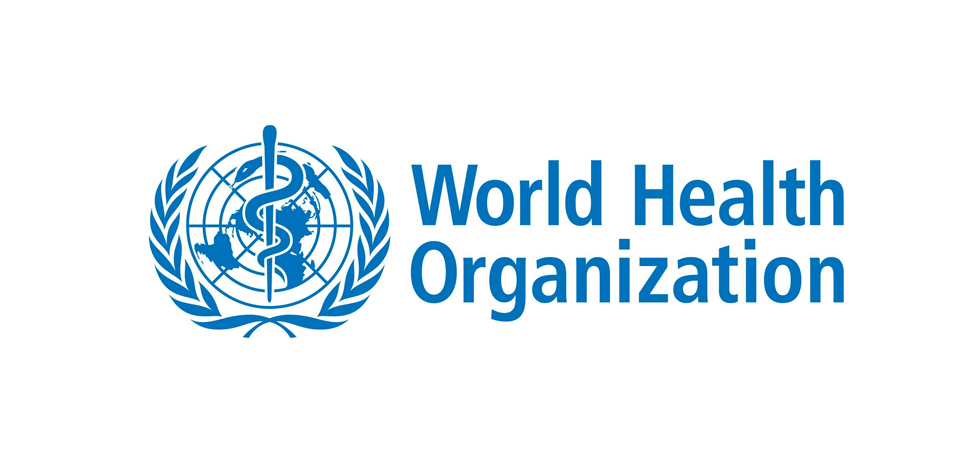
KATHMANDU, April 7: As Nepal braces for employing Rapid Diagnostic Test (RDT) kits to detect Covid-19 cases in three districts, the World Health Organization (WHO) Nepal office has said that these kits are not reliable for the confirmation of the disease.
“WHO has consistently maintained that given the sub-optimal performance of antibody-based rapid diagnostic tests, they cannot be relied upon for confirmation of diagnosis of Covid-19”, the UN body has said in its email response to Republica.
“As soon as more valid antigen-based RDTs become available, WHO would be immediately issuing guidance to countries for the use of such tests,” the WHO Nepal office has said.
The government has decided to carry out RDTs in Kanchanpur, Kailali and Baglung districts to carry out tests of the contacts of the positive patients. Out of the eight active COVID-19 cases in Nepal, two each are from Baglung and Kailali and one from Kanchanpur. A four-member team led by the National Health Research Council (NHRC) has already left for Kailali while separate teams are slated to visit Baglung and Kanchanpur within this week.
Interestingly enough, the National Public Health Laboratory (NPHL), which has been entrusted to test the validity of the rapid test kits, imported them recently from China, and has not completed its test. NPHL has said that they would test 200 samples to ascertain their reliability. A total of 70,000 test kits, worth US dollar 600,000, were imported from China recently.
“It will take additional four or five days to come with the result,” Dr Runa Jha, director of NPHL said, adding that these kits can be useful to find the scale of infections quickly. Thousands of migrant workers from India have returned to their native places in the far western districts since the lockdown was enforced in India two weeks ago.
It’s not only WHO to question the reliability of these RDTs, even officials at the Ministry of Health and Population(MoHP) also confided that the reliability of the imported kits is below 50 per cent.
“The sensitivity of these RDTs ranges from 30 to 50 per cent,” a senior official at the MoHP said, who preferred not to be named. “ It is so strange that we are going ahead with the rapid test with these unreliable test kits.”
Normally, the rapid antibody testing is considered to be quicker to get early results within 30 minutes as they use blood samples of suspected patients. The PCR (polymerase chain reaction), which is currently employed by Nepali Labs requires six hours for the result, with the test of nasal or throat swabs of the suspected patients

प्रतिक्रिया दिनुहोस